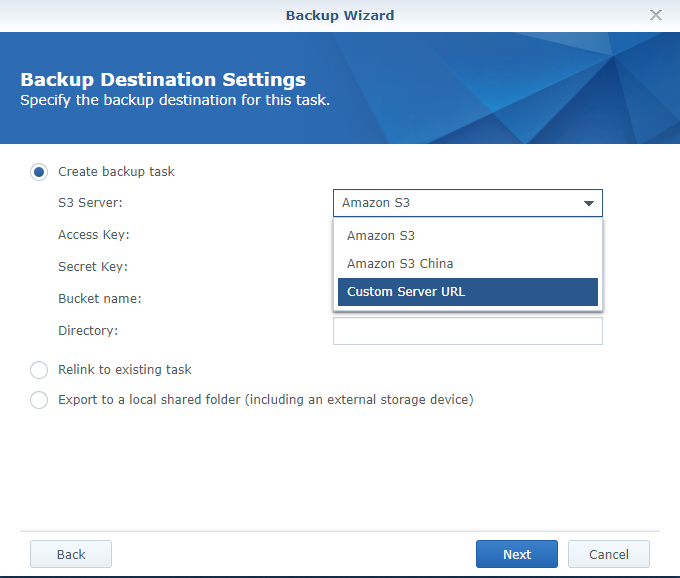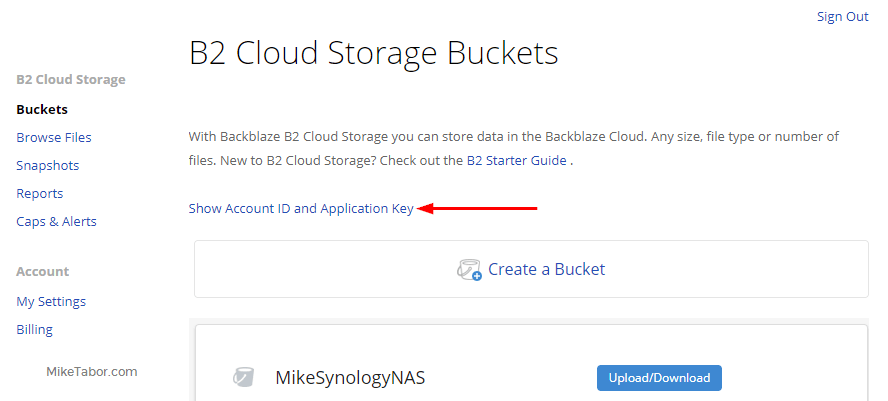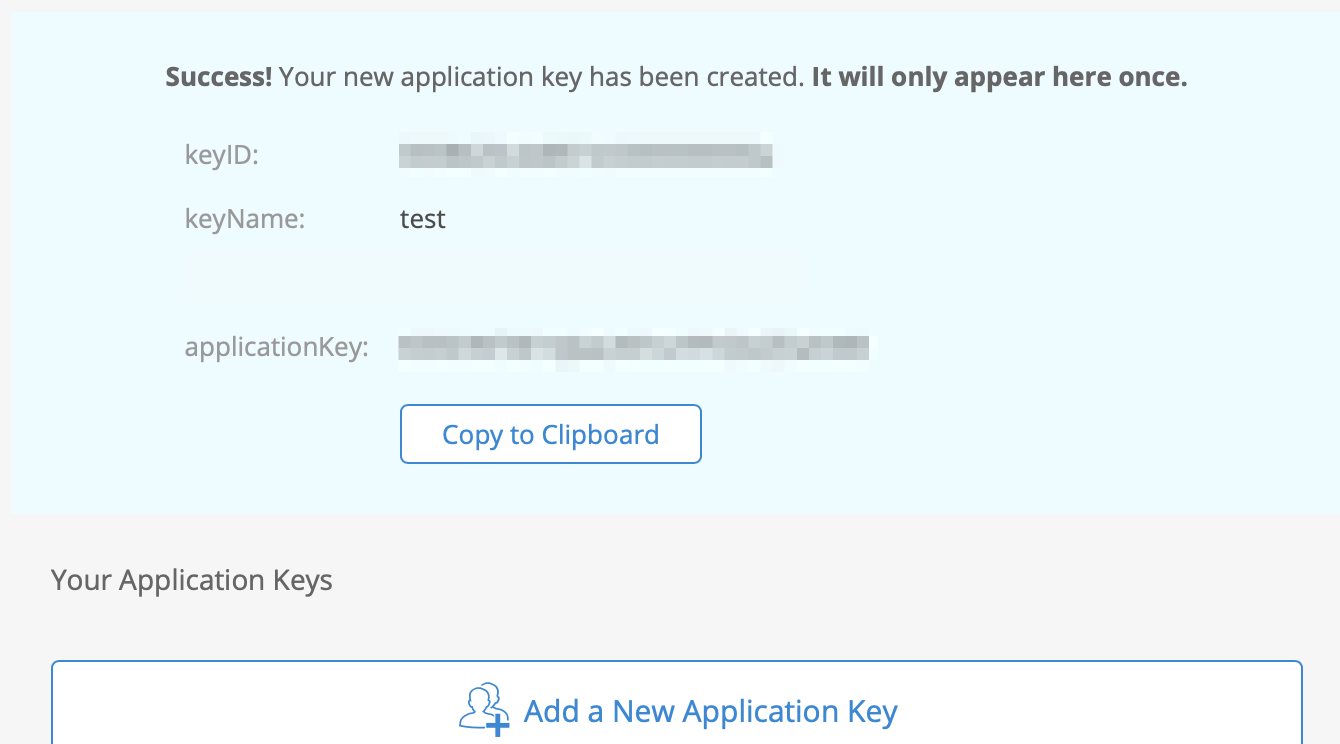As you may consider backing up to the cloud using alternatives to Carbonite, Backblaze, SOS Backup, Mozy, Vaultlogix, CrashPlan, Rackspace, and Softlayer, you may want to look into options that are specifically made for server-grade scenarios.
Hence, you may also want to add BackupChain to your trial list because there are some great advantages BackupChain has over other cloud backup providers:
- Fixed price
- No surprises, no bandwidth fees, no access fees, no additional charges of any kind. Backed by a 100% money-back guarantee
- BackupChain, which is a software product independent of the cloud plan, backs up to local and network targets as well.
- Software license is perpetual: no ongoing costs, it’s a once-off investment
- BackupChain is optimized to handle large files efficiently using deduplication and delta compression, such as files over 2 TB
- BackupChain can handle very deep folders (well over 32,000 characters long)
- Fine-grained retention control: use only as much storage space as necessary
- BackupChain is a solid server backup software product, valued by IT professionals worldwide



In Hyper Backup, it shows 120 GB for the backup but Backblaze shows 170 GB being used. Now for the local usb backup, when a file is no longer kept because of the retention policy it does a physical delete — so there hyper Backup and the space consumed on the external drive match.
A Synology NAS to Backblaze B2 Hyper Backup task is a great way to back up your NAS. In the last post that I created, we took a look at. If you’re a big fan of Backblaze just like I am then you probably have wondered how to force it to scan for new files to backup. According to the Advanced Windows Help page found on the Backblaze website, there is a small process that slowly scans your computer looking for new/changed files.
You may find that Carbonite, SOS Backup, Mozy, Rackspace, CrashPlan, and Softlayer may give you the software “for free” but consider nothing is really “free”. The BackupChain backup software product is separate from BackupChain Cloud plans because many users do not need cloud backups and we see no reason to charge them for options they don’t need.
Also, unlike BackupChain, the above named companies make it difficult for you to control storage usage. Because they don’t charge for the software; they charge for total space used.
Open Hyperbackup and go to relink and enter the credentials, select the bucket, then the backup. Enter the encryption password and get an error that I needed to log out of DSM and retry (odd error). Try the encryption key, no error, but nothing happens. You configure a standard backup retention schedule like daily, weekly, monthly etc. CloudSync is mainly used for taking what is on the NAS and dumping it somewhere else or used to keep 2 locations in sync. You and sync a folder on your NAS to a folder in your onedrive account. The connection can be a single direction or by directional. For this process I choose to use Backblaze B2 Cloud Storage. More specifically I’m going to configure a one way sync to Backblaze and configure Backblaze.
By purchasing BackupChain you purchase a solid server-grade backup software product.
By signing up to a BackupChain Cloud Plan you receive a solid enterprise-grade cloud backup plan that can handle server-grade loads of data, with all the features you need to fine-tune and control it.
Ideally your backup strategy should include local as well as network and offsite cloud backups for maximum risk diversification.
BackupChain provides all of the above and is optimized to back up Hyper-V, file servers, Exchange, SQL Server and other important services on your server, to all destinations: local, network, and cloud.
Hyper Backup Backblaze
The “free” tools that other companies bundle with their cloud backup plans are simply not engineered to handle large server loads and don’t offer the same flexibility and control you need when dealing with large file server files, virtual machines, or databases.
BackupChain isn’t just an alternative to Rackspace, Carbonite, SOS Backup, Mozy, Softlayer, and CrashPlan; it’s a product made for I.T. professionals: a solid server product for professionals who need reliable performance and offers far more than just cloud backups.

Backblaze Synology Hyper Backup
Additional Materials
